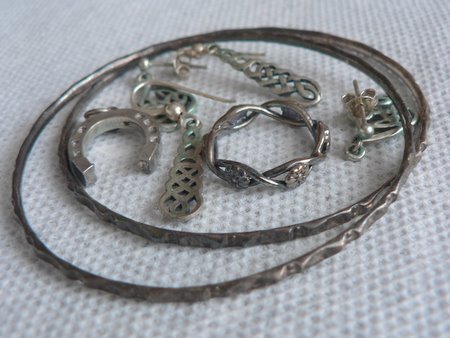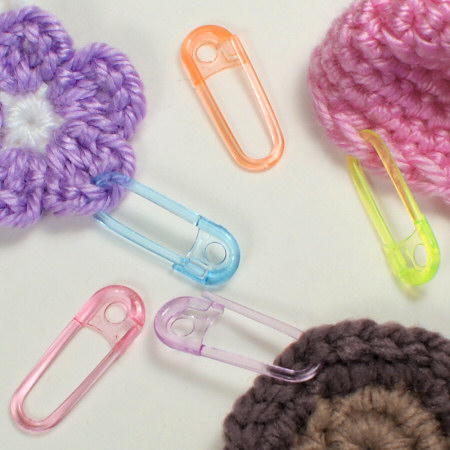
I saved a tweet from @craft_tips: Warm water, baking soda, aluminum foil. Insert tarnished silver, remove after 10 minutes. Clean! The idea of a quick and easy method to clean it without any effort was too good to pass up – I have a lot of silver jewellery (because I only wear silver or white […]






















